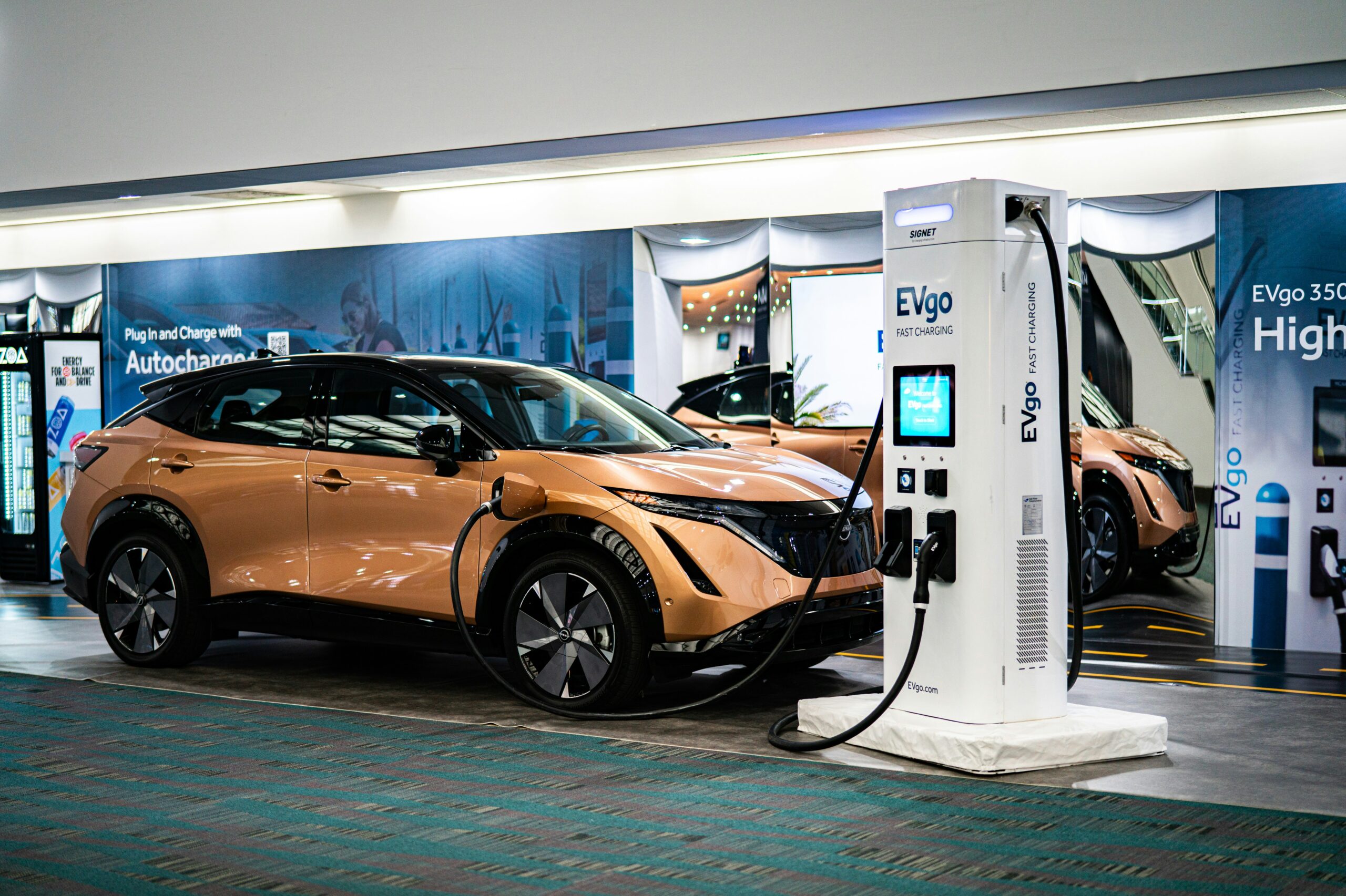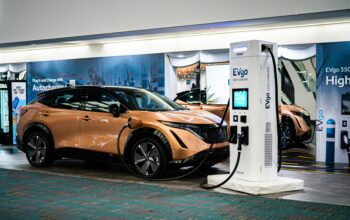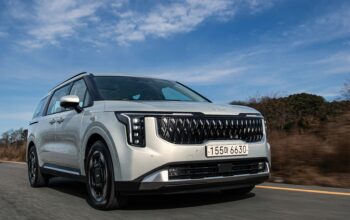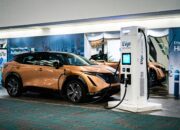Uzone.id – The production of EVs has truly made rapid progress. In 2020, there were over 10 million electric cars roaming the highways, mainly Battery Electric Vehicles (BEVs) from China. At that time, registrations of battery-powered electric cars surged despite still being in the pandemic period of Covid.
The economic impact of the Covid-19 pandemic has significantly affected electric vehicles (EV). Consumers spent USD 120 billion on electric car purchases, and governments around the world spent USD 14 billion on direct purchase incentives and tax reductions for electric vehicles in 2020.
Five years later, specifically in this year, global electric vehicle sales are expected to exceed 20 million. And in the first three months of 2025, electric vehicle sales are projected to rise 35% year over year. The market share of EVs is expected to surpass 40 percent by 2030 as prices become more affordable in more markets.
Why have EVs become so popular lately?

The concept of “sustainability” has reshaped the automotive landscape, leading electric vehicles (EVs) to take the lead. There are several common reasons that explain why EVs have become so popular.
The first reason is that society is becoming more aware of the environment. Consumer environmental awareness has increased due to the urgency of addressing climate change. Electric cars are crucial in this shift as they significantly reduce greenhouse gas emissions from gas-powered vehicles.
Also, improvements in battery technology help electric vehicles. This includes better lithium-ion batteries, solid-state designs, and new materials. These advancements increase energy density and range. These developments not only address range concerns but also enable the development of more efficient and affordable electric cars.
In addition, governments around the world are currently actively supporting the electric vehicle market. This support includes financial incentives such as tax breaks, discounts, and grants, making electric vehicles more affordable for a broader demographic.
What are autonomous cars that are less popular than EVs?
Autonomous driving, also known as self-driving cars or driverless cars, is a technology. It allows vehicles to move on their own without direct human help.
This means that cars can control the steering, gas, brakes, and even make navigation decisions such as turning or stopping, all automatically. To understand these things, autonomous cars use various combinations of advanced technologies.
Like ultrasonic sensors that function to detect radar in the surrounding area, 2D and 3D maps serve not only as navigational aids but also divide information related to road conditions. And, no less important is the implementation of AI as the brain in autonomous vehicles.
Some autonomous cars can also communicate with other vehicles (V2V – Vehicle-to-Vehicle) or with road infrastructure (V2I – Vehicle-to-Infrastructure) to obtain further information about traffic conditions or potential hazards.
The long-term benefits of the presence of autonomous cars
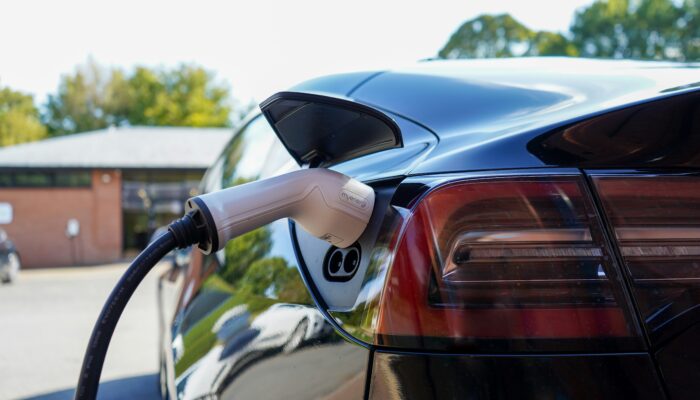
The presence of autonomous cars is an effort to reduce the number of accidents on the road. Why is that? In fact, most traffic accidents are caused by human error.Autonomous cars never get tired, are not distracted, are not drunk, and are always 100% focused on the task of driving. This can theoretically eliminate the main causes of accidents.
Furthermore, computer systems can react faster to emergency situations.In the long run, with more autonomous cars on the road that can communicate with each other, traffic can become more efficient and reduce congestion, which could also potentially decrease accident incidents.
The conclusion of why autonomous cars are less popular than electric cars
Autonomous vehicles (AVs) and electric vehicles (EVs) are technologies of the future in the automotive world. However, for now, the popularity of AVs is still far behind that of EVs. Why is that?
The biggest reason is that the price of EVs is much cheaper compared to AVs. EVs have fewer moving parts, so their maintenance tends to be simpler and cheaper.
Meanwhile, AV requires advanced sensors (LiDAR, radar, high-resolution cameras), super powerful computers, and complex AI software. All of this is very expensive to produce and install in every car.
On the other hand, no less important, the concept of electric cars has been around for a long time and continues to be refined. Batteries are becoming more efficient, ranges are increasing, and charging infrastructure continues to develop although there is still much room for improvement.
On the other hand, for AVs to work optimally, the roads and cities also need to be “smart” – with sensors, V2X (Vehicle-to-Everything) communication, and real-time data. The development of such infrastructure requires significant investment and time.
In short, although both technologies promise a better future, EVs offer benefits that are more accessible and understandable to today’s consumers, while AVs are still grappling with much greater technical challenges, costs, security issues, and social acceptance.

